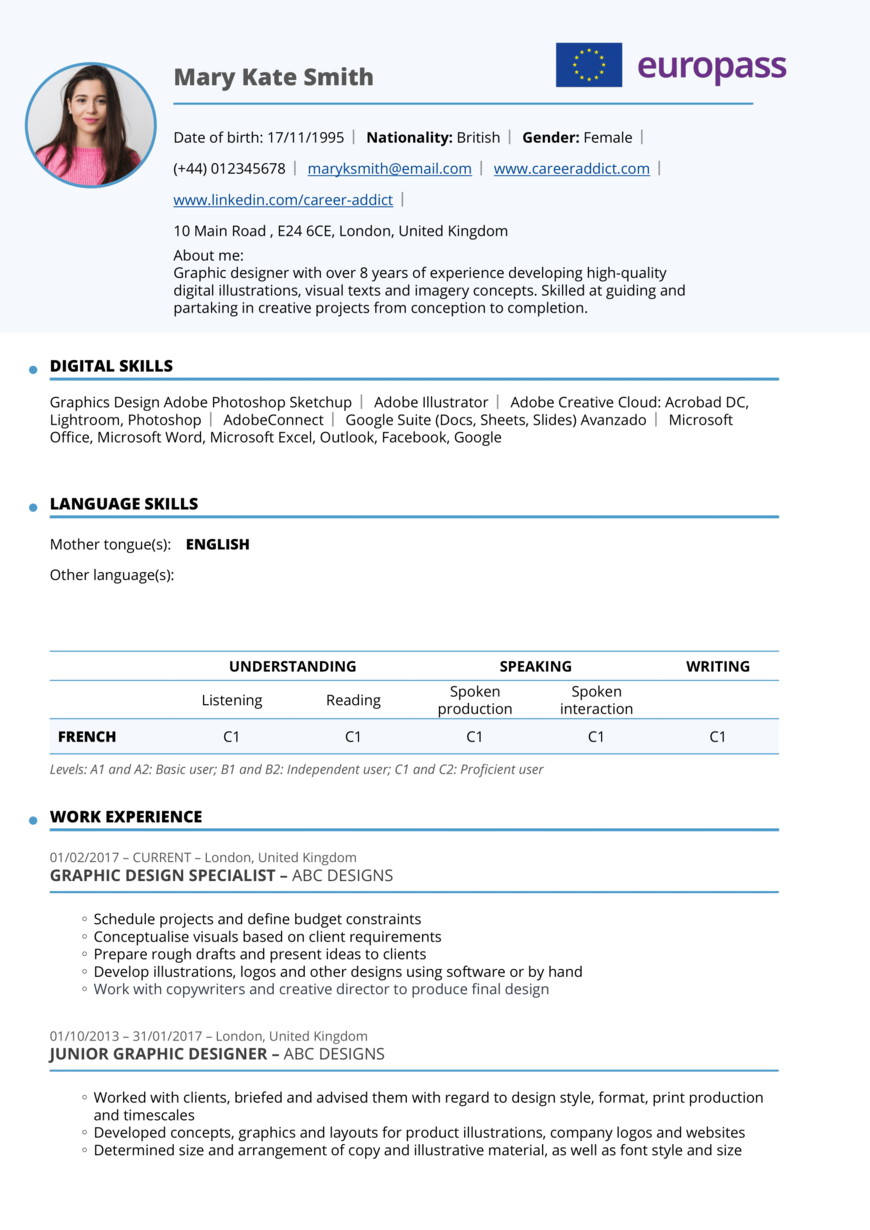I review 500+ CVs a year. I can tell you what I and my colleagues do but I'm in healthcare and each industry will differ, so it would be good to talk to senior people in your profession.
If there is an application template, follow it carefully. If they ask for A, B, and C, then make sure you give this information clearly and at the beginning. If you want to add D, E, and F, then these can be added at the end in another section or an appendix.
When I go through a pile of CVs, I want to be able to see the important stuff on the front page so I can quickly check if someone meets the basic requirements, e.g. do they have the correct degree. It is very time consuming and frustrating when required information is either missing or buried on page 7.
If there are no templates/requirements, have a look at the job description, person specification, and any other documents that they can provide related to the role. Highlight the key points and tailor your CV to this. If they use keyword or headings, your CV should reflect this.
Some people take "curriculum vitae" literally and will give your their whole life story - this is usually unhelpful. I prefer the American idea of a "résumé", i.e. a summary which is as concise and clear as possible.
My preferences are CVs of maximum 2 pages, size 11+ font,
reverse chronological order for everything, short cover letter of 1-2 paragraphs. If you have a cover letter or introductory paragraph make sure to tailor it to the application. It is off-putting to read a generic letter which has obviously been copied and pasted.
I find bullet points are better than blocks of text but if you want to do prose then
avoid weasel words. I like to see competencies in one list rather than broken down by job.
We get applications from all over the world and there are lots of style/structure differences. I like the
Europass CV template which is more common in Europe:
There are many online companies that specialise in CV writing. I have never used them but I know people who have and found them good.
Whatever you do, make sure to spellcheck every time you make a change. Also ask people to proofread and critique before submitting.
